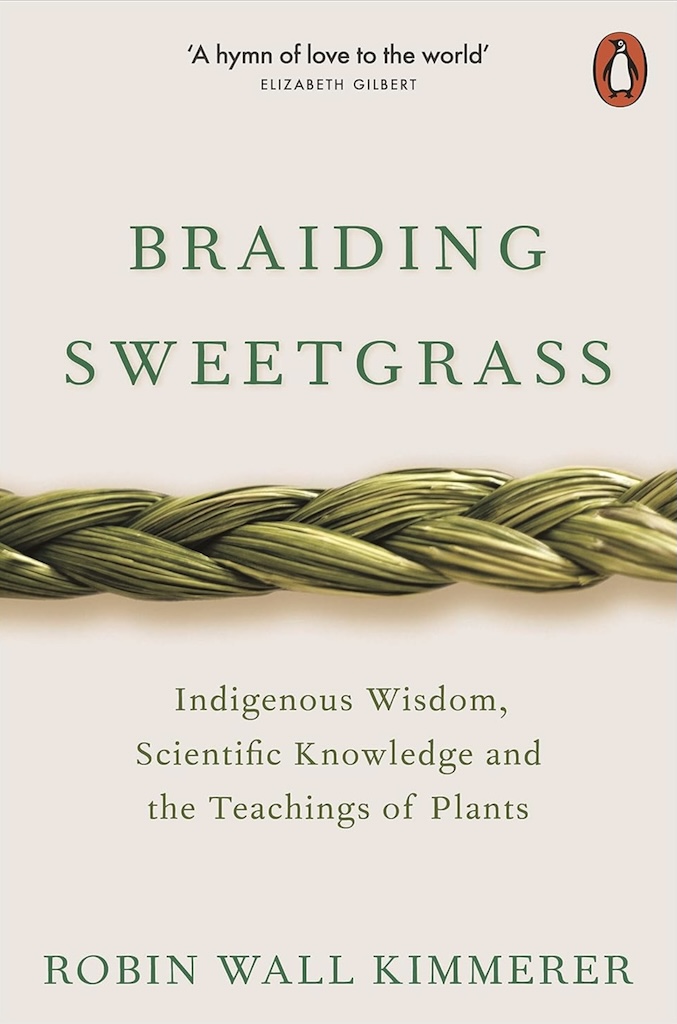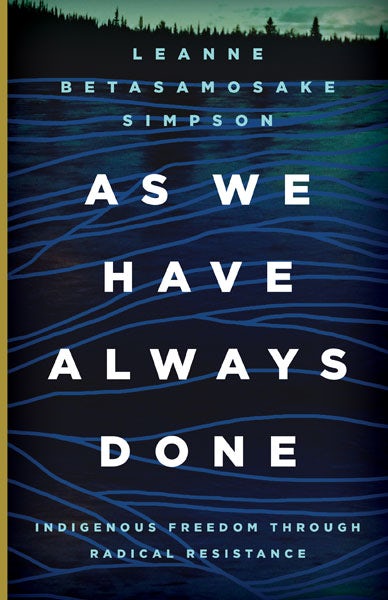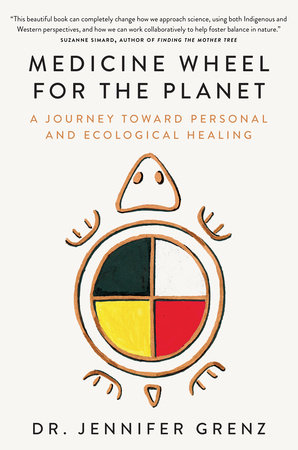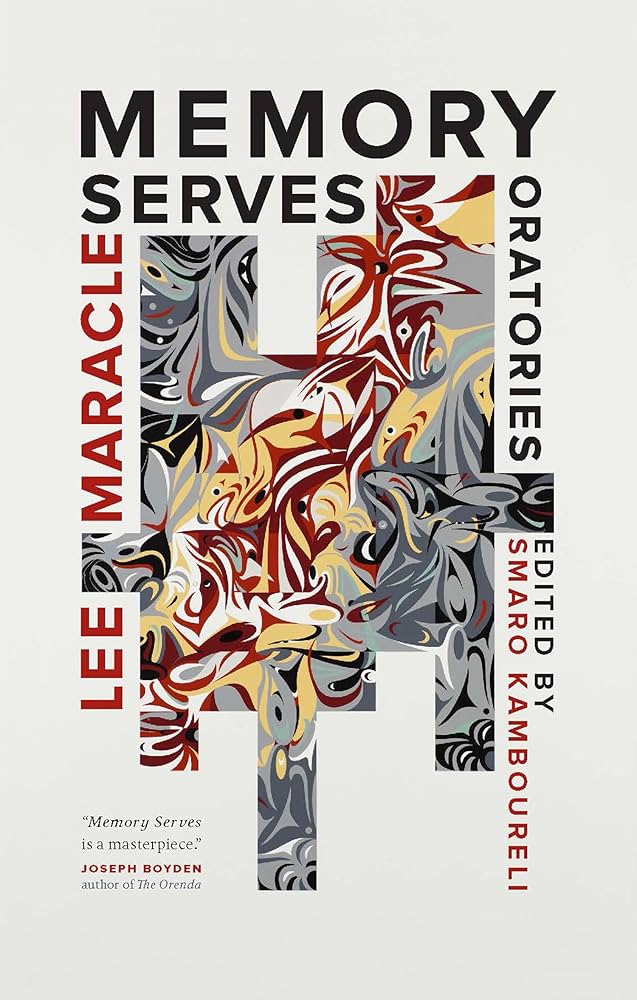Frequently Asked Questions
1. How do I decolonize my classroom/teaching/curriculum?
Decolonization involves a personal journey of unpacking our biases and recognizing hard truths about Canada’s genocidal colonial history. The xéʔelɬ KPU Pathway to Systemic Transformation, created with support from the Indigenous Advisory Committee, offers specific guidance to members of Kwantlen Polytechnic University. If you are just getting started on this journey, here are three first steps you can take. (1) Give meaningful territorial acknowledgements. (2) Bring Indigenous stories/authors/scholarship into your teaching/work. (3) Incorporate Indigenous ways of teaching and learning into your practice.
2. How can I find authentic Indigenous resources?
KPU has two specific LibGuides to help instructors and students find Indigenous resources. The first is χʷəχʷéy̓əm Indigenous Collection, which is located at four KPU campuses: Cloverdate, Langley, Richmond, and Surrey. The second is Finding Indigenous Voices, which outlines colonial barriers, Identifying Indigenous Authorship, Indigenous content at KPU libraries, and research with the catalogue and summon. In addition, the Indigenous Information Literacy Pressbook provides a detailed outline for working with Indigenous sources in university.
3. How do I bring an Indigenous guest speaker to my class?
Elder Lekeyten can be invited to speak to your class or walk with them outdoors. Please ensure you follow the proper protocols outlined here. KPU also hosts Indigenous artists, knowledge keepers, and Elders in residence, whom can be invited to speak to your class. Indigenous residents in 2025 include Senaqwila Wyss (entrepreneur in residence), Sonya Ballantyne (writer and filmmaker in residence), and Robert Jago (journalist in residence). Previous Indigenous residents include Elder Richard Pierre (knowledge keeper in residence), Selina Boan (writer in residence), Napatsi Folger (artist and writer in residence).
Note that external Indigenous guest speakers typically require contracts. Funding from your dean’s office (or garnered externally) is necessary, as Indigenous Student Services will not have the resources to support this in the future.
4. What supports for Indigenous students are available at KPU?
Indigenous Student Services is dedicated to empowering Indigenous students to achieve their highest potential. Through academic support, cultural programming, wellness resources, peer tutoring, events, and advocacy, we foster a sense of belonging and community for First Nations, Métis and Inuit students.
The Gathering Place serves as a hub of inclusivity, a welcoming space for students, faculty, staff, as well as external visitors and guests to connect, share experiences and build meaningful relationships.
5. Who created this website?
The Decolonizing Educational Practices resource was developed in collaboration and consultation with many Indigenous colleagues and community. Lee Beavington created the content and website. For a full list of collaborators please visit this page.
6. What books do you recommend I read?
Here are eight books to assist you on your decolonization journey. Click the cover images for further details.








